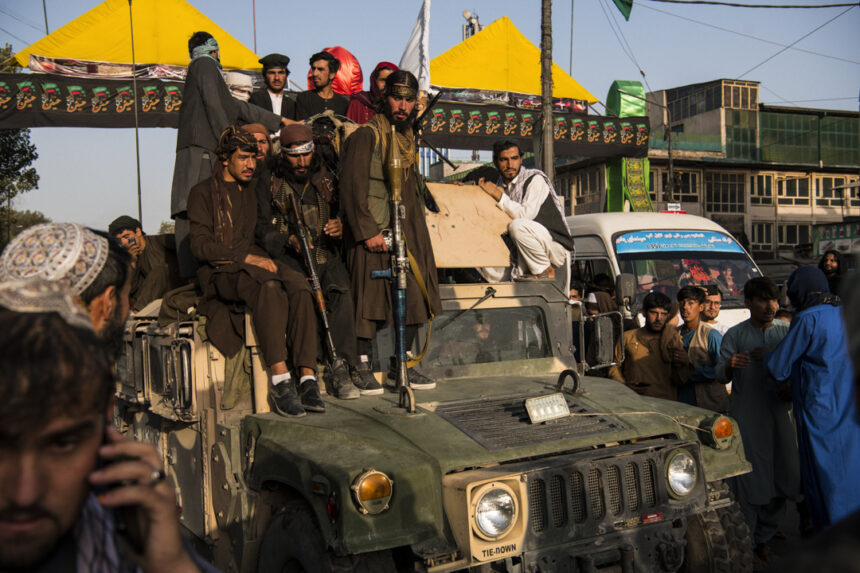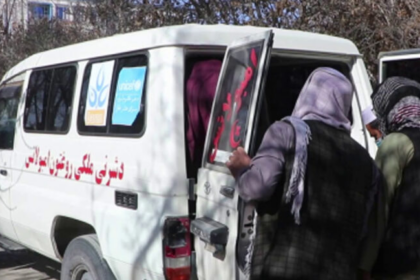RASC News Agency: Nearly three years after the Taliban’s violent return to power, the group continues to receive an astonishing $40 million in weekly cash transfers under the guise of “humanitarian aid.” Despite being marketed as relief for a suffering population, these funds ultimately bolster the financial infrastructure of a regime whose rule is founded on coercion, repression, and the systematic dismantling of civil liberties. This stark contradiction unfolds as Afghanistan plunges deeper into poverty, faces a grave human rights crisis, and witnesses the near-total collapse of civic space. The ongoing transfers raise urgent questions about the sincerity of Western commitments to democratic values and human dignity especially from the United States, which plays a pivotal role in the continuation of these payments.
Credible banking and diplomatic sources confirm that the delivery of these funds bypasses Afghanistan’s official economic frameworks. Instead, U.S. dollars are flown into Kabul aboard UN-chartered aircraft and handed over in cash to Taliban-appointed financial representatives. There is no neutral oversight. No independent verification of how the money is spent. The Taliban’s claim that the funds are deposited in the country’s central bank serves as little more than a veneer for a broader, shadowy redistribution of wealth among powerful factions within the group. Behind closed doors, these funds are repurposed to fortify the Taliban’s authoritarian apparatus: strengthening intelligence networks, financing local militia loyalty, and paying the wages of armed fighters. On the ground, however, Afghanistani women are banned from schools, jobs, and public life; independent media has been silenced; and ethnic minorities remain marginalized and voiceless. Meanwhile, millions of citizens queue daily for a piece of bread or a package of emergency rations. Where is the humanitarian impact of these funds?
Perhaps more troubling than the cash flow itself is the global media’s silence. In a world where minor human rights infractions in other countries dominate international headlines, the routine delivery of millions of dollars to one of the world’s most regressive regimes receives little scrutiny. Experts in journalism suggest that this silence is not coincidental it is the result of deliberate political engineering designed to normalize the Taliban’s place within global diplomacy. The Taliban, flush with unmonitored cash, are leveraging this false legitimacy to present themselves as the “de facto government” of Afghanistan. But in reality, no elections have been held, no popular participation exists, and even the most basic civil rights have been obliterated under their rule.
At the same time, Afghanistani journalists who attempt to investigate this flow of funds face threats, arrests, and violence. The Taliban have criminalized independent reporting, branding media workers as “traitors” or “propagandists against the Emirate,” subjecting many to torture and arbitrary detention. In such an atmosphere of fear, the pursuit of truth becomes a perilous act of resistance. The international community must now confront the uncomfortable truth: These cash transfers do not constitute humanitarian aid. They are, in effect, financial lifelines for a repressive regime that routinely violates human rights and silences dissent. The real victims of this policy failure are the people of Afghanistan especially its youth, women, and non-Pashtun communities who have been abandoned by those who once promised to stand for justice, democracy, and freedom.
It is time to demand answers: Why are these transfers still taking place? Why is there no transparent oversight? Why have international and domestic media remained so conspicuously silent? And above all, who will be held accountable for the political entrenchment and human suffering made possible by these decisions? The continued flow of unchecked aid to the Taliban is not just a policy failure it is complicity in sustaining a brutal, patriarchal, and exclusionary regime. The Afghanistani people deserve better. They deserve truth, transparency, and justice.






